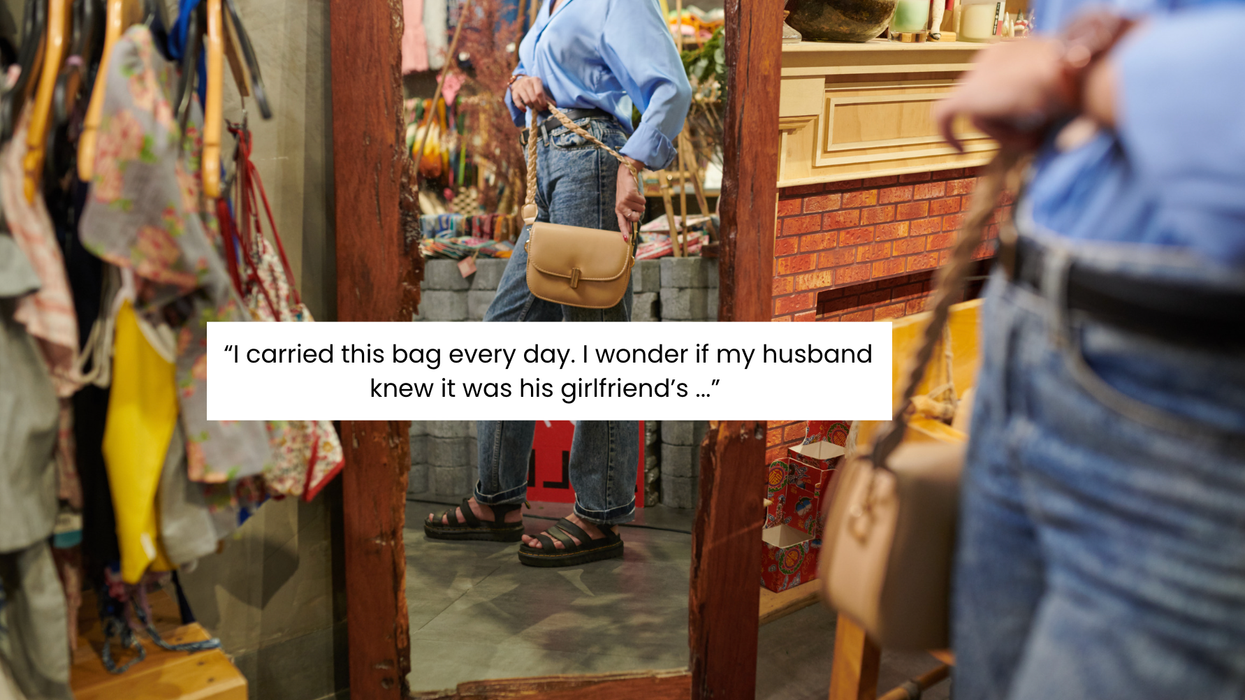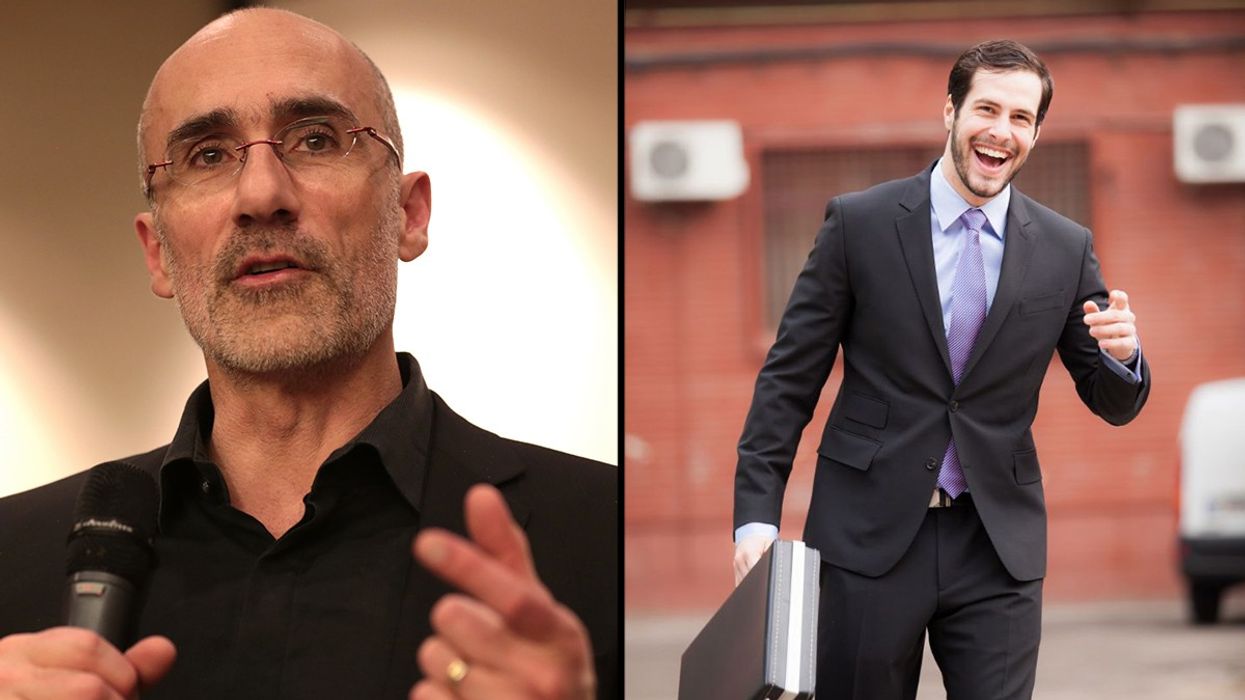Nadia Murad, a 23-year-old former ISIS captive, won the Vaclav Havel Human Rights award on Monday for her efforts to protect the Yazidi people in Iraq.
Murad was captured by ISIS from her village of Kocho, near the northern Iraqi town of Sinjar, in August 2014. She was forced to convert to Islam after being taken hostage in Mosul. She was tortured and raped by members of ISIS until she escaped three months later.
The Yazidis are part of an ancient religious faith that is linked to other major monotheistic faiths, yet are considered ethnically Kurdish. There are about 650,000 Yazidis left in Iraq, with smaller populations living in Syria, Turkey, Armenia, and a large expatriate community in Germany.
The religious group lives primarily in the Nineveh province of Iraq. In 2007, coordinated bombings by Islamist extremists killed 500 people and injured 1,500 in Kahtaniya, a Yazidi city near Mosul. It was one of the deadliest suicide bombings since the invasion of Iraq and it kicked off a spiral of violence that culminated in ISIS’ capture of Sinjar in 2014, causing tens of thousands of Yazidis to flee up a mountain. ISIS considers Yazidis to be devil worshippers and has vowed to kill or convert them. During one particularly brutal ISIS attack, between 5,000 and 7,000 Yazidi women and children were captured and forced into slavery or executed.
Murad was one of those women. She managed to escape, but 18 of her family members did not.
Since her escape and arrival in Germany, she has become a human-rights activist and United Nations Goodwill Ambassador, speaking out against human trafficking and the crimes committed by Islamist fighters. She is calling for an international tribunal to try the crimes of ISIS.
"If there had been justice in the world, I would have been today with my family in our small village Kocho," Murad said during her 9-minute acceptance speech. "I would have been a regular rural girl—just like any other girl—living my life in happiness and peace and continuing my studies. However, there was no justice for me and for Yazidi society to which I belong."
She additionally noted:
“I will go back to my life when women in captivity go back to their lives, when my community has a place, when I see people accountable for their crimes.”
The Vaclav Havel Human Rights Prize was created in 2013 by the Council of Europe, along with the Vaclav Havel Library. The award replaced the Council of Europe Parliamentary Assembly Human Rights Prize, which was created in 2009.















 Otis knew before they did.
Otis knew before they did.